🐕 Introduction
Training a puppy is one of the most rewarding parts of dog ownership — it builds trust, discipline, and a lifelong bond.
Whether you’ve just adopted your first puppy or you’re looking to improve behavior, this complete guide will help you train your puppy easily and effectively at home.
You’ll learn proven strategies for obedience, potty training, and social skills — everything you need to raise a happy, confident dog.
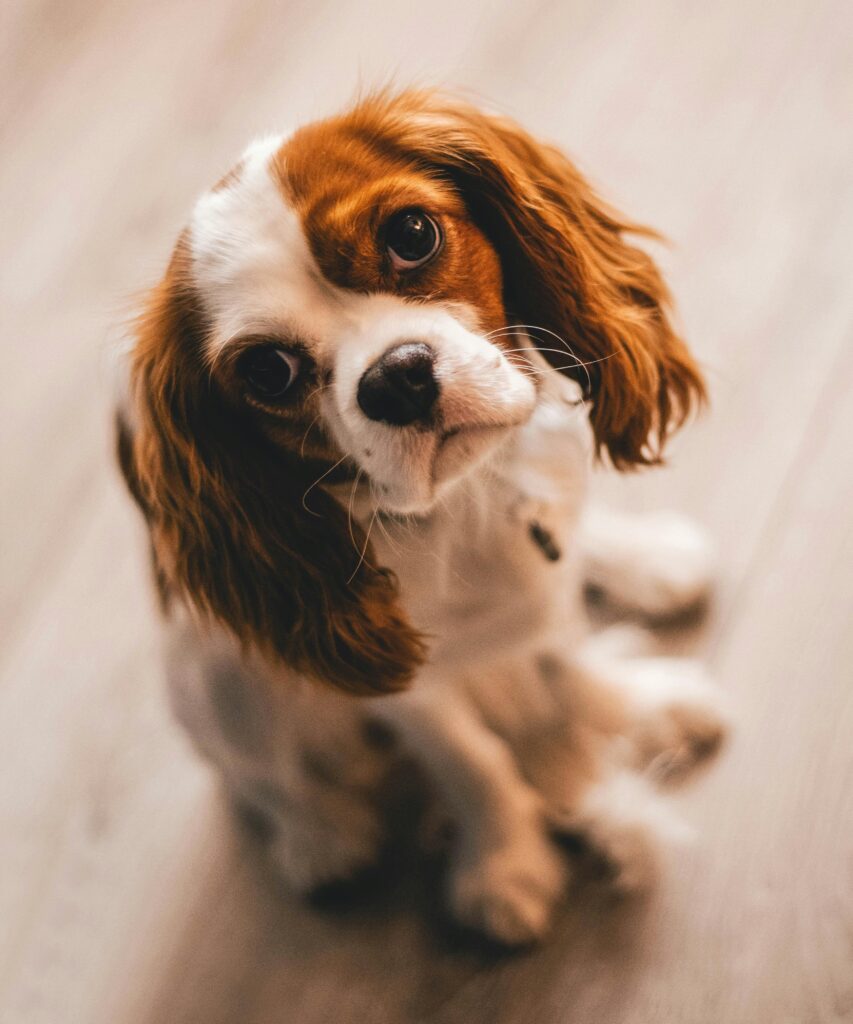
🦴 Why Puppy Training Is Essential
Training is more than just teaching commands. It’s about helping your puppy understand your world.
Early education develops good habits, prevents unwanted behaviors, and improves your puppy’s emotional balance.
✅ Benefits of proper puppy training:
- Builds trust and communication
- Reduces anxiety and aggression
- Improves obedience and focus
- Strengthens the human–dog relationship
Most puppies can start basic training at 8–10 weeks old — the perfect age to learn through play and repetition.
🚽 Puppy Potty Training: How to House Train Your Puppy Fast and Effectively

🐕🦺 The Basics of Puppy Training
🕐 Step 1: Setting a Routine
Consistency is key.
Feed, walk, and train your puppy at the same times every day. Dogs thrive on structure — it helps them feel safe and understand what’s expected.
📅 Example schedule:
- Morning: potty + 5-minute command session
- Noon: walk + play
- Evening: calm exercise + reward-based training
🐶 Puppy Obedience Training: Teach Your Puppy to Listen and Behave
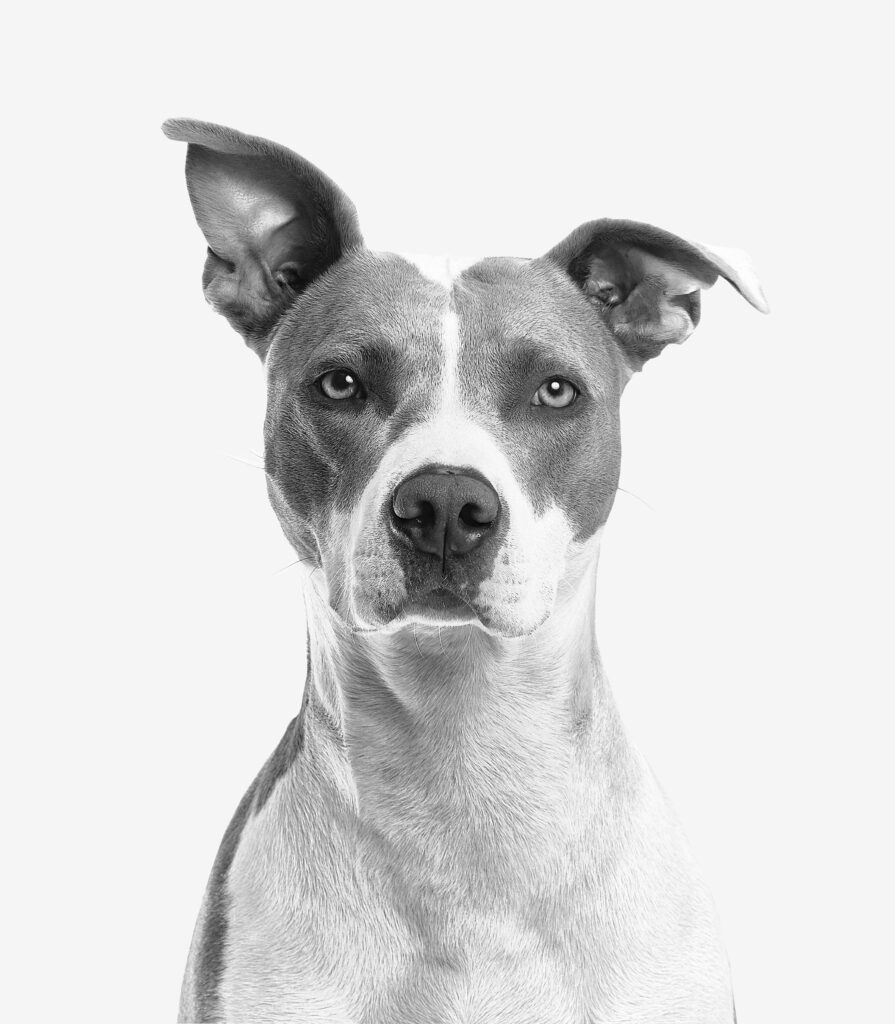
🍖 Step 2: Using Positive Reinforcement
Always reward good behavior instead of punishing mistakes. Puppies learn faster when training feels fun and rewarding.
💡 Examples:
- Treats for obeying “sit” or “come”
- Verbal praise (“Good job!”)
- Gentle petting or a favorite toy
Avoid yelling — it creates fear, not respect.
🐕 Puppy Socialization 101: How to Raise a Confident, Friendly Dog
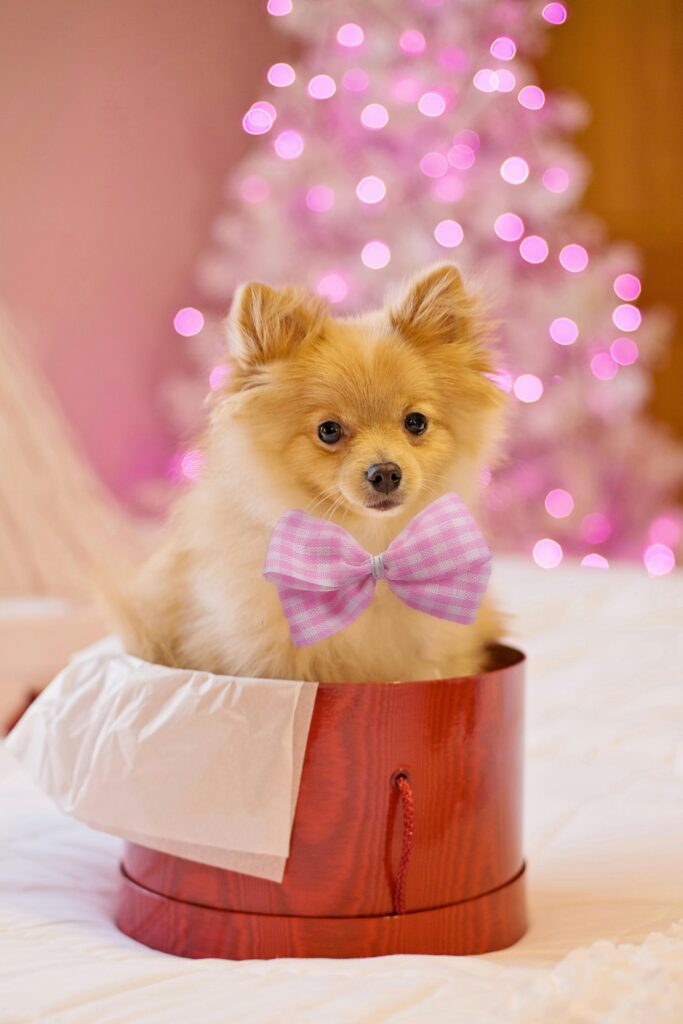
🐾 Step 3: Managing Puppy Behavior
If your puppy bites, jumps, or chews furniture — it’s normal!
Redirect the energy:
- Use chew toys or frozen treats
- Teach “leave it” or “drop it”
- Reward calm behavior immediately
💬 Pro tip: Puppies test boundaries — stay calm and consistent, never reactive.
🐾 Puppy Behavior Tips: How to Fix Common Puppy Problems Naturally
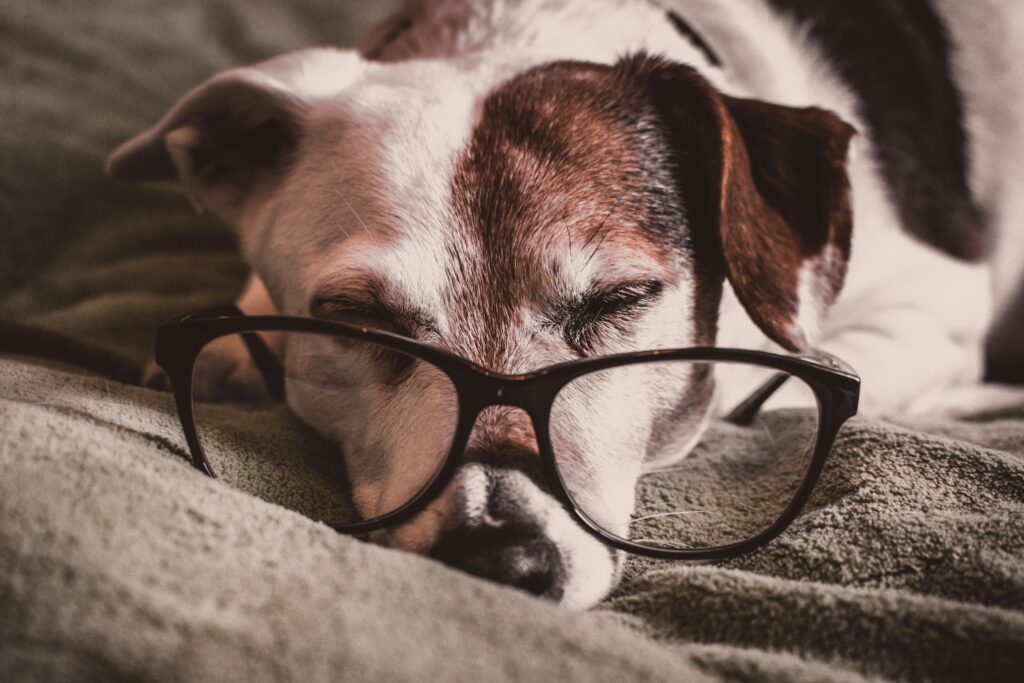
🚫 Common Training Mistakes to Avoid
Even with love and patience, many owners make the same errors.
Avoid these traps:
❌ Inconsistent rules (“sometimes on the couch, sometimes not”)
❌ Long, repetitive sessions (keep training under 10 minutes)
❌ Ignoring early signs of stress
❌ Forgetting socialization
Every mistake is a chance to reconnect and guide with clarity.
🏃♂️ Puppy Exercise Ideas: Keep Your Dog Healthy and Happy
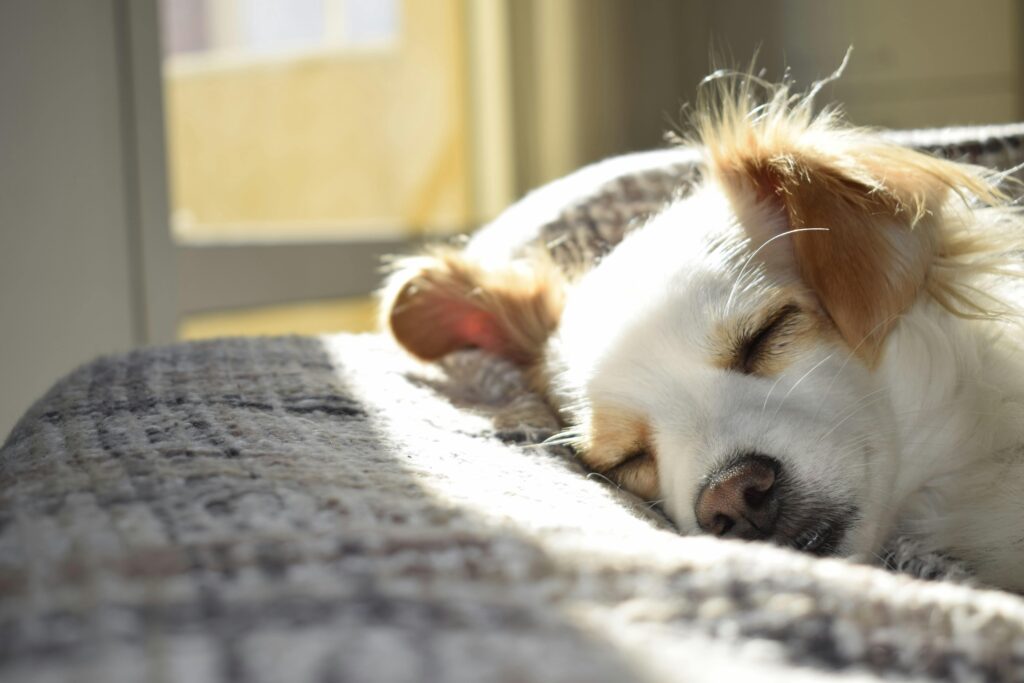
🧸 Essential Puppy Training Tools
Having the right equipment makes training smoother:
| Tool | Why It Helps |
|---|---|
| Clicker | Reinforces good actions instantly |
| Training treats | Keeps motivation high |
| Harness & leash | Ensures safe outdoor sessions |
| Puppy pads | Simplifies potty training indoors |
| Crate | Teaches independence and safety |
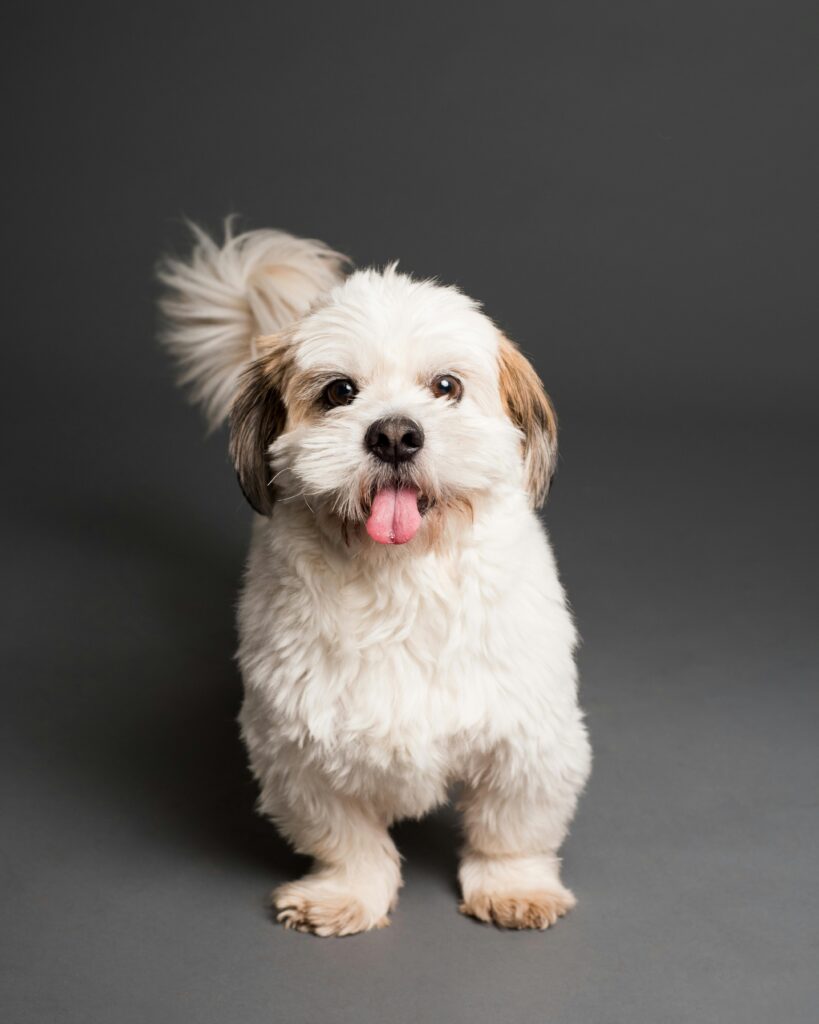
🐶 Conclusion
Training your puppy is not about control — it’s about communication, trust, and teamwork.
With patience and love, every session strengthens your bond.
Start today with short, joyful sessions — and soon, your puppy will respond with obedience, confidence, and affection.
👉 Next, read:
What age should I start training my puppy?
Start as early as 8 weeks old with simple commands like “sit,” “come,” and “stay.”
How long should training sessions last?
5–10 minutes, 2–3 times per day. Puppies have short attention spans!
How do I stop my puppy from biting?
Say “no,” redirect with a chew toy, and reward calm behavior.
What’s better — crate training or free roaming?
Crate training helps with potty habits and security when used correctly.
Can I train my puppy without treats?
Yes! Praise, affection, and play can be equally effective motivators.

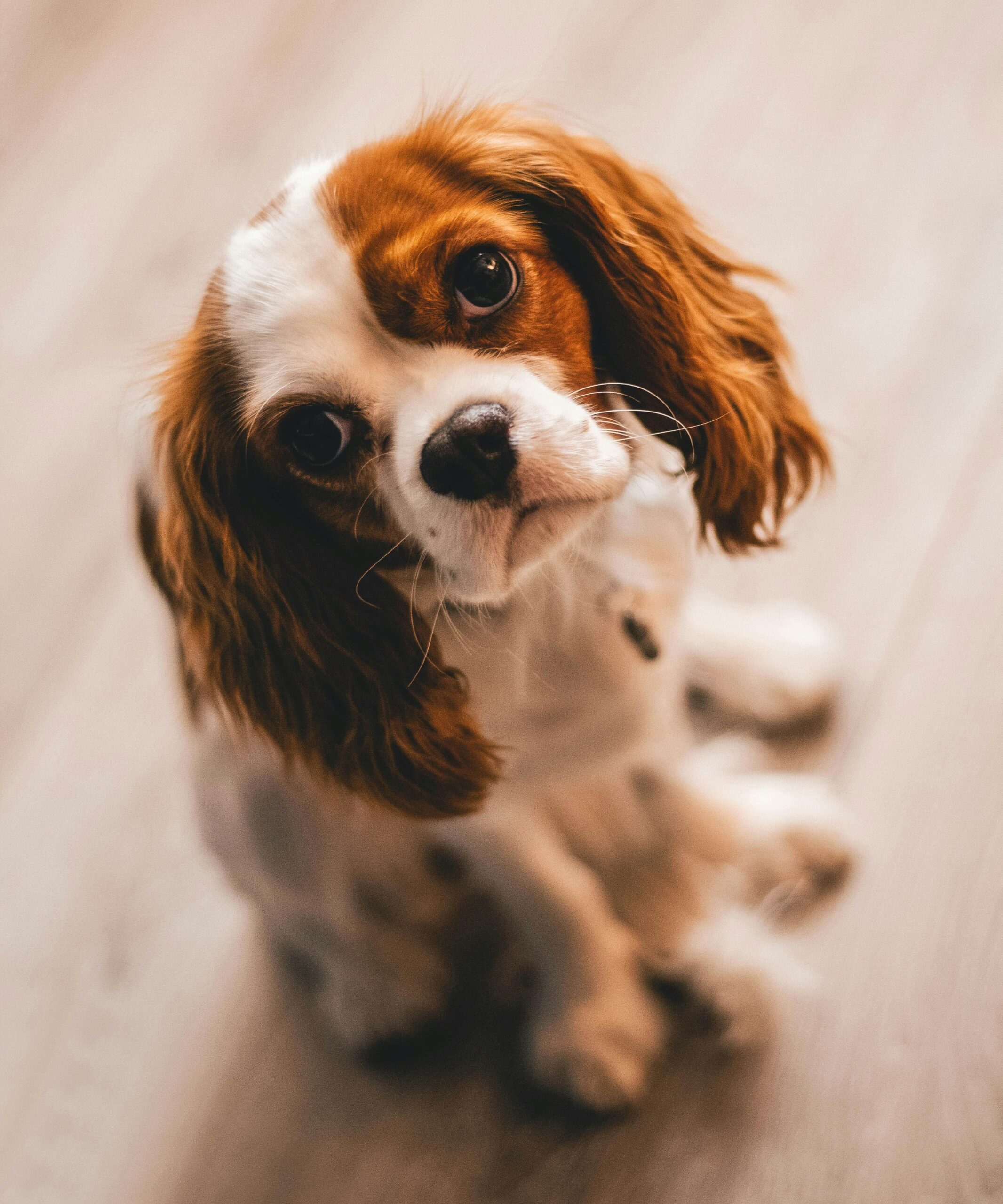
Leave a Reply